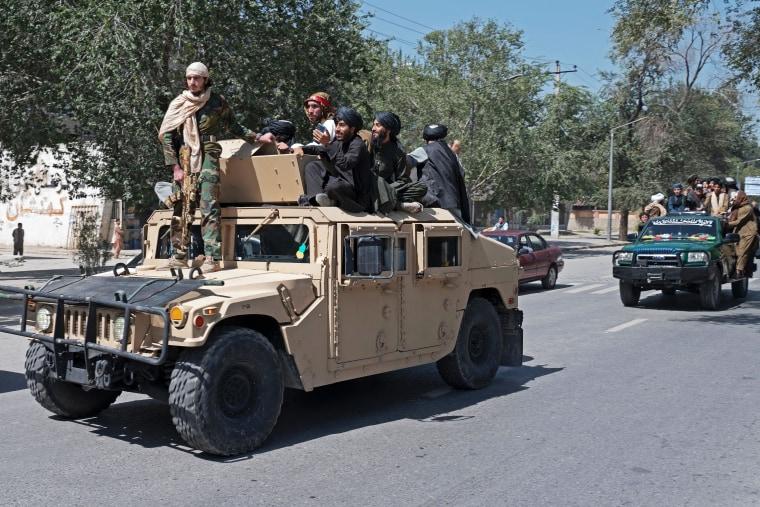Remembering a Hero: The Tragic Loss of a U.S. Military Ally in Houston
Bravery Beyond the Battlefield: A Life Dedicated to Supporting U.S. Forces
Demonstrating extraordinary courage, a local guide and interpreter played an indispensable role in aiding American troops during their operations against the Taliban in Afghanistan. His deep understanding of the regionŌĆÖs terrain and cultural nuances was critical in navigating complex missions, often ensuring the safety and success of U.S. military personnel in hostile environments. His unwavering commitment earned him profound respect among service members and highlighted the vital contributions of those who work behind the scenes in conflict zones.
Despite surviving numerous perilous encounters overseas, this individualŌĆÖs life was tragically cut short in Houston due to a violent altercation over a parking space. This heartbreaking event brings into sharp focus the sacrifices made by those who support military efforts abroad and the sobering reality that danger can strike unexpectedly, even far from the battlefield.
Urban Violence: When Minor Disputes Turn Deadly
The fatal shooting in Houston involving a veteran ally has spotlighted the volatility of urban conflicts sparked by seemingly trivial disagreements. Witnesses recount how a routine dispute over parking escalated rapidly into a deadly confrontation, underscoring how everyday frustrations can spiral into fatal outcomes in densely populated areas.
Experts and community officials emphasize the urgent need to address factors contributing to such incidents, including:
- The swift transformation of minor disagreements into violent episodes
- The pervasive presence of firearms amplifying the lethality of conflicts
- The importance of support networks for veterans facing post-service challenges
- The role of community involvement in fostering peaceful resolutions
| Contributing Factor | Effect on Conflict |
|---|---|
| Disputes over parking | High likelihood of confrontation |
| Access to firearms | Increases chances of fatal incidents |
| Veteran status | Highlights need for targeted social support |
| Urban population density | Heightens risk of rapid escalation |
Strengthening Community-Based Conflict Resolution
In response to this tragic event, local leaders are advocating for enhanced programs focused on conflict de-escalation and mediation. They argue that equipping residents with effective communication and problem-solving skills can significantly reduce violent outcomes stemming from everyday disputes. Current patterns often involve immediate confrontations that escalate tensions unnecessarily.
Proposed strategies include:
- Developing community mediation workshops to empower residents
- Integrating conflict resolution education into school curricula
- Launching public campaigns promoting peaceful dispute management
- Fostering partnerships between law enforcement and community groups to encourage dialogue
| Program | Audience | Anticipated Benefit |
|---|---|---|
| Neighborhood Mediation | Local residents | Decrease in street-level conflicts |
| School-Based Conflict Training | Students and educators | Improved interpersonal relationships |
| Police-Community Engagement | Law enforcement and citizens | Enhanced trust and cooperation |
| Public Awareness Initiatives | General population | Shift toward non-violent conflict resolution |
Practical Measures to Enhance Safety and Prevent Future Tragedies
To curb the recurrence of such devastating incidents, it is essential to prioritize conflict management education and expand access to mental health resources. Collaborative efforts between local authorities and community organizations can establish mediation programs designed to defuse tensions before they escalate. Raising public consciousness about the dangers of seemingly minor disputes turning violent can cultivate a culture of patience and understanding.
Additionally, increasing law enforcement visibility in busy urban zones, coupled with community policing initiatives, can deter impulsive acts of aggression. The following table summarizes key preventative actions:
| Initiative | Description | Expected Impact |
|---|---|---|
| Conflict Management Workshops | Training sessions for residents on peaceful dispute handling | Lower rates of violent escalation |
| Accessible Mental Health Services | Round-the-clock support available in communities | Better crisis response and intervention |
| Community-Oriented Policing | Active collaboration between police and citizens | Increased trust and reduced violence |
Conclusion: Honoring Service and Advocating for Peace
The untimely death of this courageous individual, who once stood shoulder to shoulder with U.S. forces combating the Taliban, is a poignant reminder of the unpredictable nature of violenceŌĆöeven within our own communities. As investigations proceed, the collective grief of the community is coupled with a call to action: to foster dialogue, understanding, and proactive measures that can prevent similar tragedies. His legacy compels us to recognize the profound sacrifices made by those who support military missions abroad and to work diligently toward safer, more compassionate neighborhoods at home.

